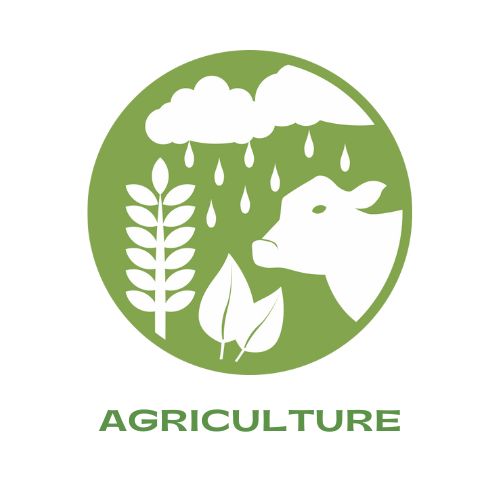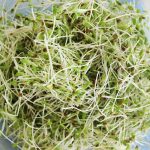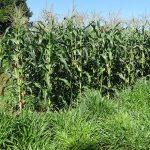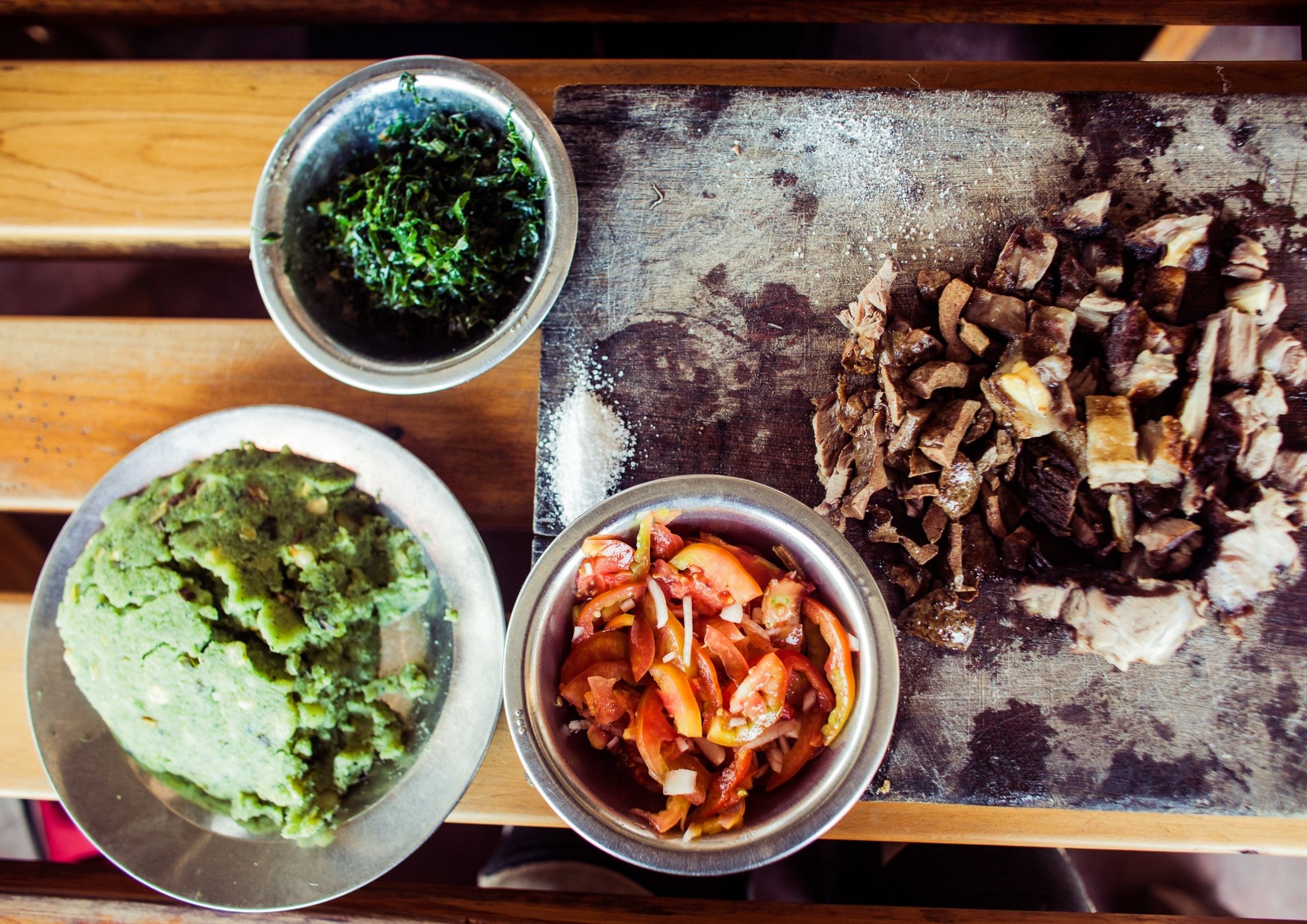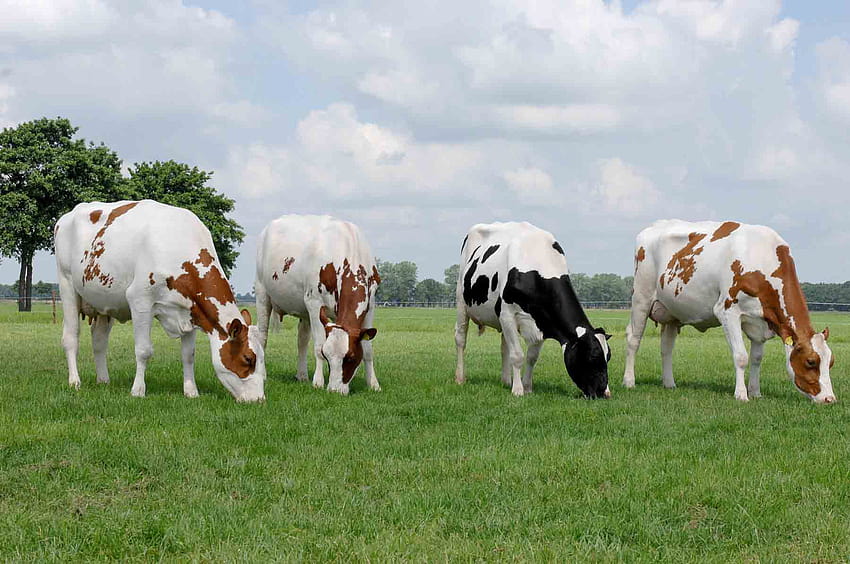Agritourism involves visiting agricultural operations to experience and learn about food production while being immersed in the local environment and culture. It allows tourists to personally connect with farmers, gain insights into traditions, and savor authentic flavors. For Kenyan smallholder producers, agritourism offers opportunities to diversify incomes while preserving their farms and sharing their stories.
However realizing the full potential of agritourism requires integrated efforts to develop infrastructure, enhance capacities, and promote unique cultural experiences tailored to visitor interests. When stakeholders collectively transform challenges into opportunities, agritourism can support both rural livelihoods and an enriching tourist economy in Kenya.
6 Missed Opportunities in Agritourism Development
While Kenya possesses immense potential for agritourism with its diverse agricultural landscape and rich cultural heritage, several gaps constrain unlocking its full potential:
- Low Investment into Facilities and Amenities
Many farms lack suitable facilities like cafes, guided trails, camping sites, ablution blocks etc. to comfortably host tourists. Limited amenities discourage visitors.
- Safety and Hygiene Concerns
Tourists have concerns regarding safety risks like uncontrolled livestock and issues of hygiene at farms or homestays. The lack of protocols raises hesitancy.
- Absence of Effective Branding and Promotion
Beyond a few regions like the tea routes of Kericho, minimal marketing and promotional efforts are undertaken to attract tourists to agritourism destinations across Kenya.
- Overlooking Tourism Potential of Food
The unique appeal of experiencing traditional cuisine as part of cultural immersion is underleveraged. Food tourism components are often missing.
- Insufficient Community Participation
Host communities not being adequately involved results in lost opportunities. Locals can be partners in providing agricultural experiences, logistics support, cultural insights etc.
- Complex Licensing and Compliance Processes
Navigating regulations and obtaining licences to host tourists can be daunting for smallholder farmers. The burden of compliance costs also discourages engagement.
6 Key Challenges Constraining Agritourism Growth
Some inherent sectoral issues also constrain tapping the potential of agritourism in Kenya fully:
- Insufficient Technical Capacities
Besides farming, capacities needed for tourism like hospitality, culinary skills, health and safety protocols require building up through training interventions.
- Access Limitations
Inadequate infrastructure like poor road connectivity or lack of public transport hampers accessibility to farms in rural areas for domestic and international visitors.
- Resource Constraints of Smallholders
Budget limitations inhibit smallholder farmers from investing into facilities or obtaining certifications needed to meet visitor expectations and regulatory needs.
- Limited Domestic Tourism Culture
Unlike Europe or America, domestic tourism is still an evolving concept in the Kenyan context. This restricts the size of the agritourism market.
- Overdependence on International Tourism
Agritourism development is skewed towards tapping international tourist flows. But seasonality and external shocks to this segment pose risks.
- Low Product Diversity
Concentration on a few major traditional products like tea, coffee, and wine tours provides limited experiential variety to retain tourist interest and expand agritourism across Kenya.
6 Steps That Can Boost Agritourism Growth
Some initiatives that can help Kenya unlock the immense potential of agritourism include:
- Building Technical Capacity
Tailored skills training on tourism practices like service delivery, hospitality, packaging local experiences, etc. equips farmer groups and women collectives to host visitors.
- Facilitating Certifications
Streamlining regulations and subsidizing license fees enables smallholders to obtain legal permissions and mandated certifications necessary to open up agritourism facilities.
- Developing Participatory Planning Models
Engaging communities in participatory rural appraisal exercises taps indigenous knowledge and builds consensus regarding tourism development plans.
- Showcasing Agritourism Potential Through Media
Travel shows, food programs, and digital promotion highlighting unique immersive experiences boosts interest among urban and youth segments as future domestic travelers.
- Enhancing Farm Accessibility
Upgrading connectivity infrastructure like rural access roads and installing signages to direct tourists facilitates visitor access to agritourism destinations.
- Supporting Shared Infrastructure
Equity investments, low-cost debt and grant funding enables establishment of shared facilities like farmers markets, commercial kitchens, eco-lodges etc. by community-based co-operatives.
Government Efforts to Boost Agritourism
Kenya’s government is making concerted interventions to expand agritourism:
- Agriculture ministry extension programs are integrating hospitality and culinary skills modules into their farmer trainings to build tourism capacities.
- The tourism board is promoting niche offerings like agricultural festivals, farm trails, participatory activities like planting and animal interactions besides just food tourism.
- Registration requirements are being eased for smallholder farmer groups through lower license fees and simplified application procedures to certify homestays.
- To boost farmer viability, agricultural wages are being deducted from income tax calculations if farmers invest profits into agritourism development.
- Under enterprise funds, tailored financial products are being designed to support youth and women farmer co-operatives in launching culinary-based rural enterprises targeting tourism.
High-Potential Opportunities in Kenyan Agritourism
Some particularly promising experiences Kenya could offer to attract diverse travelers include:
- Coffee Tourism
Immersive tours that allow visitors to experience the coffee journey from farm to cup through picking beans at plantations, witnessing processing, joining barista classes, and coffee sampling.
- Fruit and Vegetable Safaris
Fruit safaris involving farm trails where visitors can learn about and pluck tropical fruits and vegetables first-hand before enjoying freshly made juices, jams, etc.
- Agri-Wellness Retreats
Integrated wellness tourism offers combining farm-fresh cuisine, yoga and meditation retreats, naturopathy, and herbal treatments using medicinal plants from farms.
- Pastoral Experiences
Provide opportunities for tourists to stay in eco-friendly pastoralist campsites and learn about indigenous livestock production while enjoying locally produced meat, milk, cheese and handicrafts.
- Agripreneurship Tours
Visits enable entrepreneurs and youth to experience innovative agricultural startups applying technology in farming and connecting with agripreneurs.
- Volunteering on Farms
Participants engage in responsible tourism by contributing on smallholder farms through experiencing farming activities first-hand and supporting local communities.
- Luxury Farmstay Experiences
Tap into high-end tourism by developing exclusive boutique stays set amidst plantations, wineries, lakeside fish farms etc. blending luxury hospitality with immersive on-site food and farm experiences.
Case Study: Agritourism Success in Kisumu County
Kisumu County demonstrates how smallholders can benefit from agritourism:
- Fish farming groups trained and certified to host tourists in guest cottages who learn about aquaculture while sampling freshly cooked tilapia.
- Beekeeping youth groups facilitated to conduct apiary educational tours incorporating honey wine tastings and sales.
- Groups of women farmers supported through capital and training to launch cultural homestay experiences incorporating traditional cuisine.
- Greenhouses built through co-funding used to set up greenhouse restaurant cafes offering farm-fresh dining and on-site shopping.
- Farmers supported with business planning and investment to establish roadside farmer market stalls providing farm produce and meals for stopover tourists.
The Road Ahead for Kenyan Agritourism
Some key strategies that can catalyze sustainable growth of the sector:
- Develop localized tourism circuits integrating experiences like farm trails, culinary tours, cultural immersion etc. through partnerships between county governments, communities and tourism players.
- Tap into the thriving food media ecosystem as influencers, bloggers and content creators help spotlight hidden agritourism gems nationally.
- Foster networks and platforms for knowledge exchange on best practices, market access, and collaborative promotion between agritourism entrepreneurs across counties.
- Offer financial incentives for youth and women agripreneurs to inject new thinking and creativity into tourism enterprises while creating opportunities.
- Build climate resilience within local agritourism supply chains right from farming to infrastructure development through climate-smart practices and renewable energy.
With its diverse landscapes, cuisines, and cultures, Kenya is blessed with the essential ingredients for agritourism to flourish. Combined with warm hospitality and entrepreneurial spirit, these assets can transform agriculture into a leading tourist attraction that provides income diversity for farmers while making holidays uniquely Kenyan from farm to fork.
#Agritourism #LocalFlavors #RuralDevelopment #CulturalExchange #SustainableTourism 🌾🍽️🌍
Author Profile
Elizabeth Mabaka – Founder, Tushike Hatari Ecotours
Elizabeth is a passionate advocate for community-led agritourism development. She works closely with women and youth farmer groups across Kenya’s 47 counties to help them benefit from tourism while preserving agricultural heritage.

